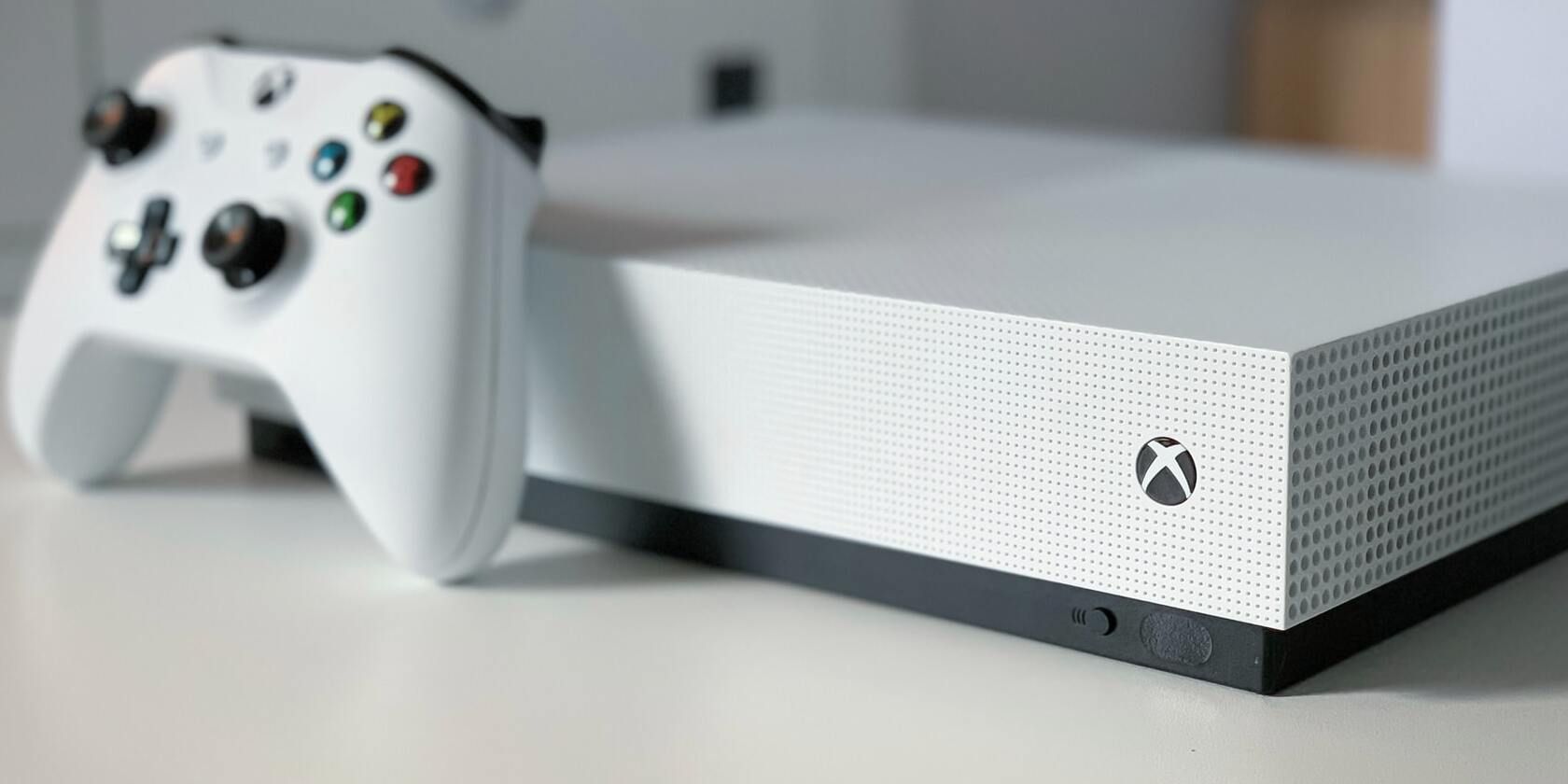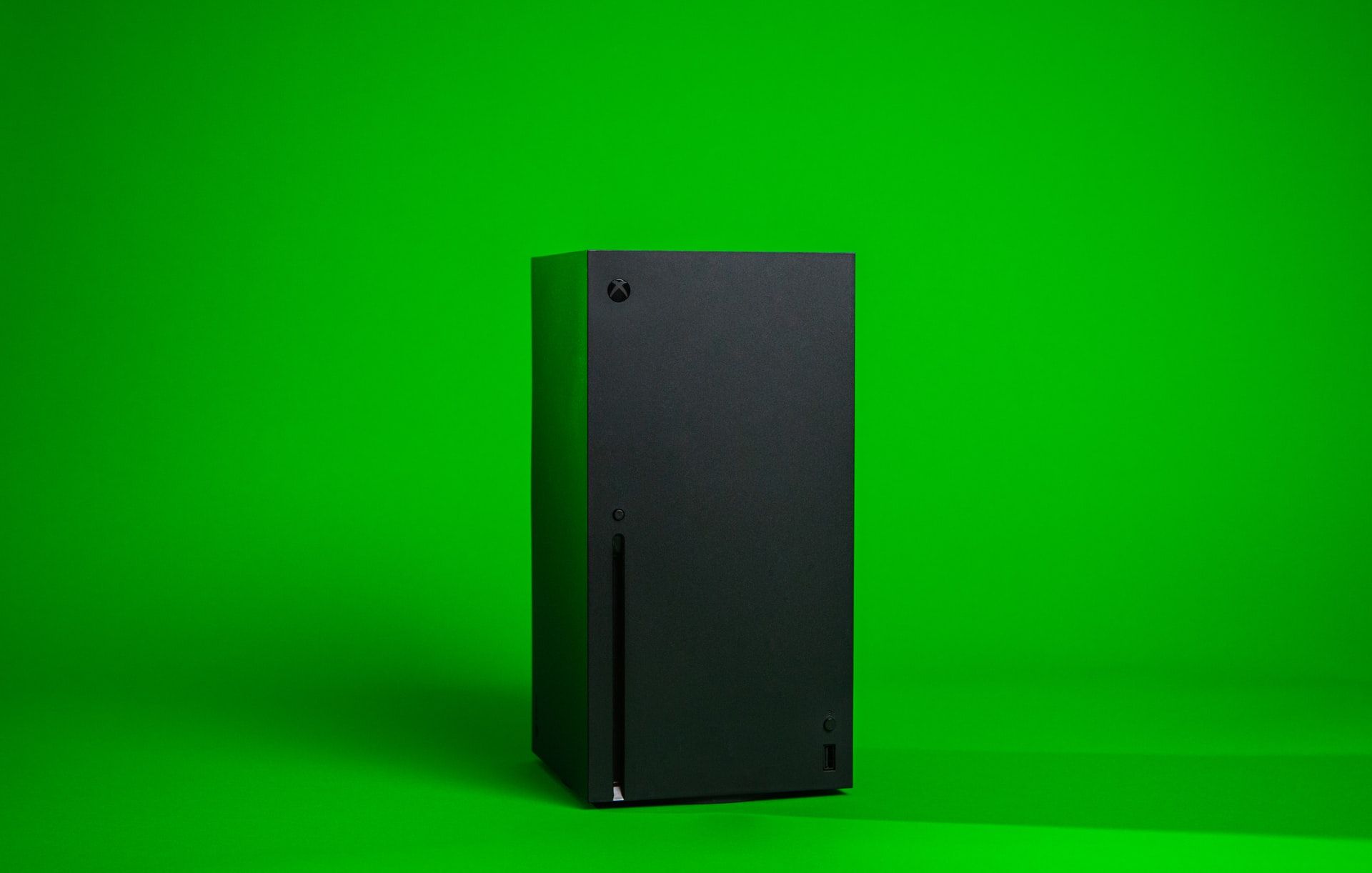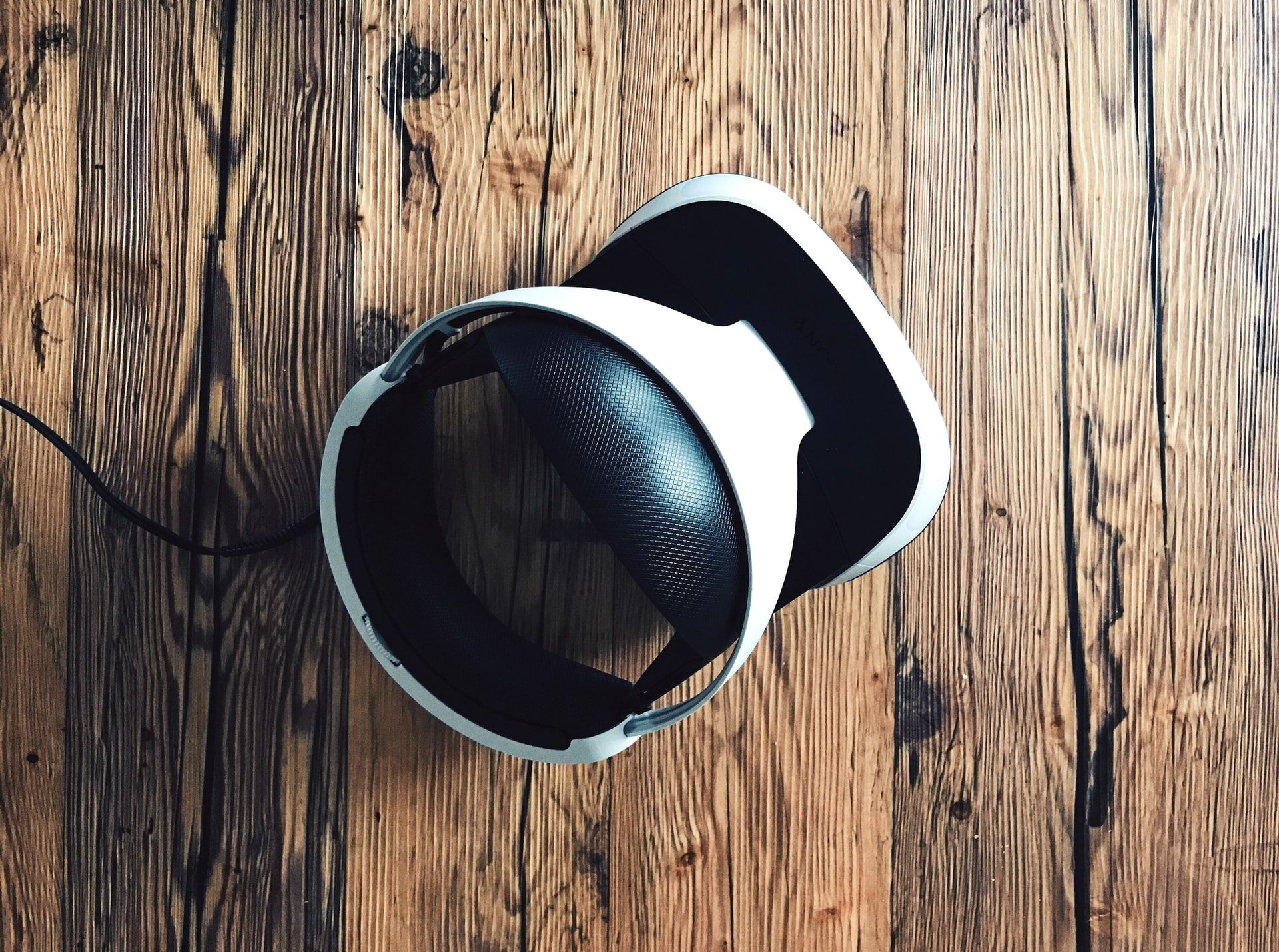
Microsoft’s Xbox is one of the most popular game consoles on the market. For more than two decades, the Xbox has provided stiff competition for Sony’s flagship, constantly raising the bar for gaming in general.
While PlayStation offers a virtual reality solution, Xbox in particular has stayed away from this market altogether. The Xbox Series X is a gaming powerhouse, so technology isn’t an issue.
So why don’t we have an Xbox VR solution yet? This can be for several reasons.
Microsoft just isn’t interested in developing new hardware for the Xbox
As reported by Video Games Chronicle, Phil Spencer (CEO of Microsoft Gaming), during a discussion at the Wall Street Journal’s Tech Live Event, stated that a VR headset for Xbox was simply not on the cards, while the company instead focused on focused on software.
Microsoft has quite an extensive gaming ecosystem and the cloud software plays an important role in it. In fact, Spencer believes that software would scale better than hardware over a longer period of time.
From its comments, it seems clear that the company thinks VR is a somewhat niche market right now, and until it’s in high demand, it may not want to invest too much in new hardware.
Xbox has too many other things to focus on
Another reason it doesn’t make sense to release an Xbox VR solution right now is that the company simply has too many other things to focus on.
Xbox has two different consoles that are in the first few years of its release cycle, the Xbox Series X and the Series S. There’s also the revamped Xbox Game Pass that lets you play games on PC, your Xbox, and even in the cloud. A number of Game Pass benefits are also offered.
The company is already lagging behind the PlayStation in console sales, but its primary focus is on the Game Pass, which simply has no other competitor in terms of the sheer value it offers. The success even prompted Sony to change its PlayStation Plus subscriptions.
Xbox has a lot going for it already, so it makes no sense for the company to start developing hardware from scratch.
The success of Sony’s VR headset
Another reason why Microsoft might not be too keen on releasing a VR headset is the success of Sony’s PlayStation VR. More than five million copies have already been sold and Sony is on track to release the next version.
Given that Xbox is more focused on its cloud gaming infrastructure, investing in new hardware, especially with a direct competitor already dominating the space, doesn’t seem like a viable financial move.
There are some great VR games, like Half-Life: Alyx, but none that would immediately result in a sales boom. Taking over Sony’s burgeoning VR library and installer base may not be a good move, given that Microsoft already has significant resources to improve its gaming infrastructure.
Microsoft wants to improve its content layout
Development times on Xbox are significantly longer, with several games being canceled and others delayed. In terms of platform exclusives, Xbox has a few, but it doesn’t fit Sony’s lineup.
Rather than allocating resources to work on a VR headset, it’s obvious Xbox wants to improve its content lineup. Microsoft Gaming went on a buying hunt in 2021 and 2022, acquiring Activision Blizzard and Bethesda, two of the largest studios in the game industry.
That’s a clear indication that the company wants to add more content to the Xbox lineup. Investing in a VR headset can result in longer development times, especially as the VR market is still growing and has a long way to go before it is considered mainstream.
Microsoft’s bet on the Game Pass is paying off
Microsoft is hesitant to invest in new technologies like VR because of its focus on creating a more connected ecosystem. While some Xbox VR solution is not off the table, it may be a while before we experience it.
The Game Pass is the crown jewel in Microsoft’s offering, offering gamers seamless playability across multiple devices. It’s even available on the iPhone and iPad and continues to grow.



0 Comments